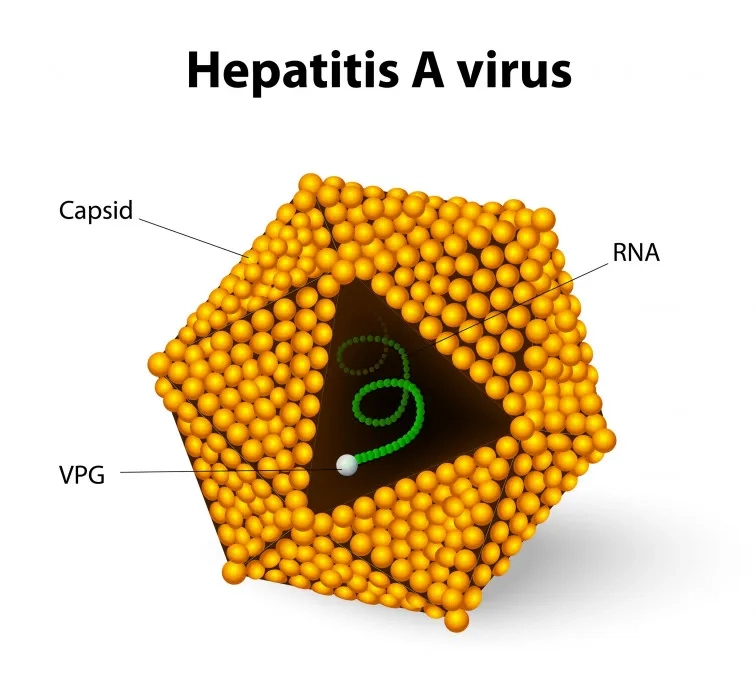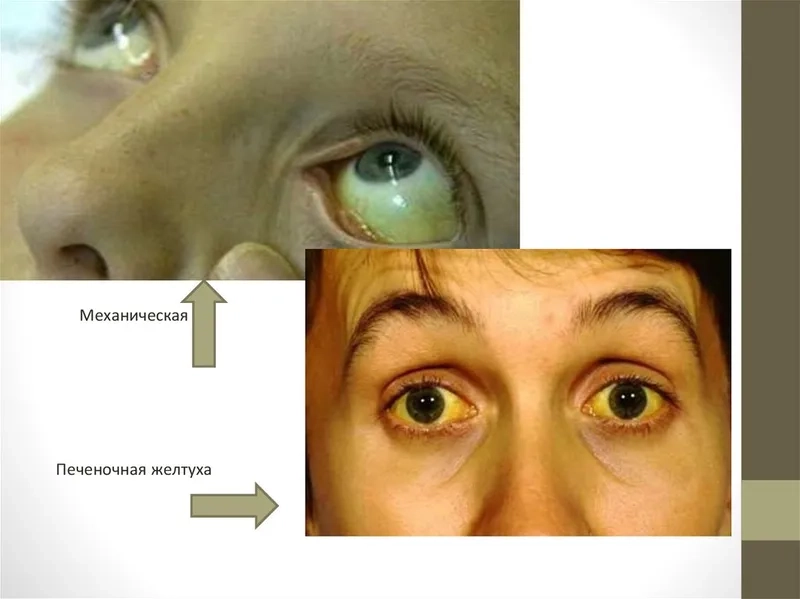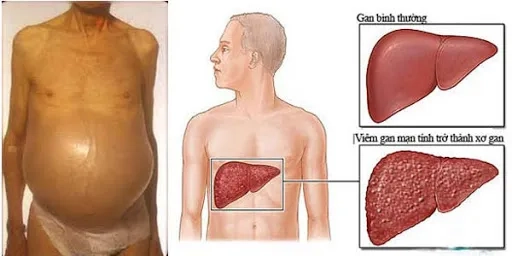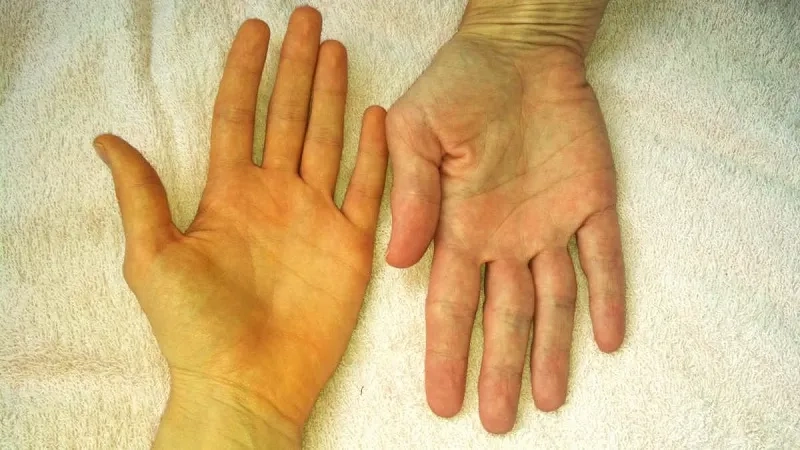Don't get caught unaware by a preventable liver infection. Understanding Hepatitis A is your best defense. This guide breaks down the essential facts on its causes, symptoms, and the simple, effective steps you can take to stay safe and healthy.
What are the main causes of Hepatitis A?
- The Hepatitis A virus is typically transmitted through the fecal-oral route, often by ingesting contaminated food or water prepared by an infected person.
- Close personal contact with an infectious person, such as through household contact or certain sexual activities, is another way the virus is transmitted.
- Consuming raw shellfish from water polluted with sewage is another common source of infection, as shellfish can concentrate the virus from their environment.

Key symptoms of Hepatitis A to watch for
- Early signs of Hepatitis A in adults often include a sudden onset of fever, fatigue, nausea, and abdominal pain on the upper right side.
- A distinct symptom is jaundice, which causes a yellowing of the skin and eyes, often accompanied by dark urine and pale-colored bowel movements.
- Other common Hepatitis A symptoms to watch for are a significant loss of appetite, vomiting, and persistent joint pain as the infection progresses.
How can you prevent Hepatitis A effectively?
- The most effective prevention of Hepatitis A is getting vaccinated; the standard Hepatitis A vaccine schedule involves two doses for long-lasting protection.
- Always practice meticulous hygiene by thoroughly washing your hands with soap and water after using the bathroom and before preparing or eating food.
- Be cautious when traveling to areas where the virus is common by avoiding tap water and uncooked foods, including salads and raw shellfish.
>>> Learn now: Malaria: Prevention, Symptoms, and Treatment Options
Learn about through Hepatitis A medical images







>>> Add more knowledge: Botulism: A Guide to Symptoms and Food Safety
While Hepatitis A is curable and rarely causes long-term effects, prevention is always better than cure. Protect yourself by getting vaccinated and practicing good hygiene. Consult your doctor about the vaccine schedule and available Hepatitis A treatment options.
>>> Learn now: Campylobacteriosis: A Common Cause of Diarrhea






